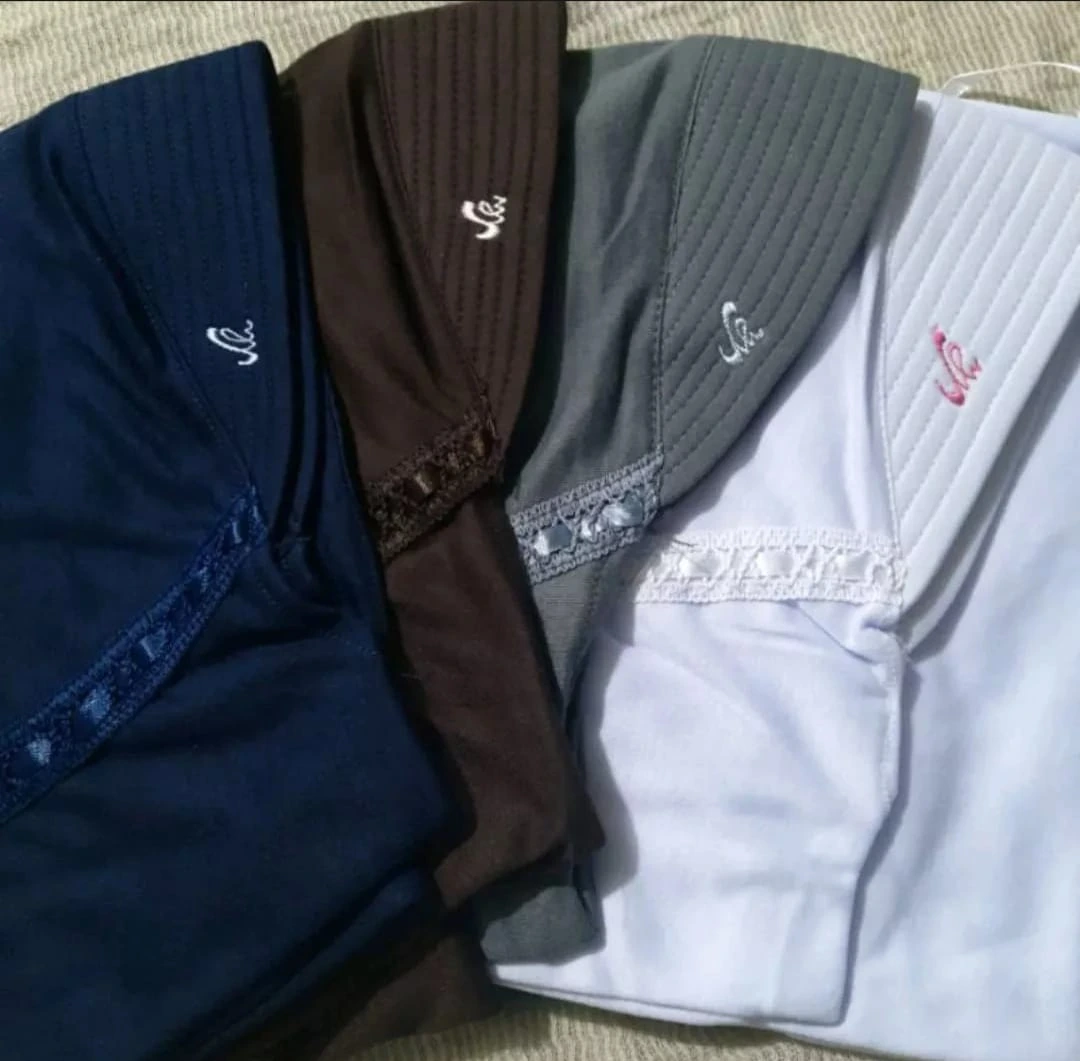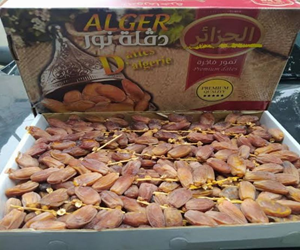JAKARTA, BERITAPOLITIK.ONLINE — The South Korean government opens golden opportunities for international students who want to continue their studies to the country of Ginseng through the Global Korea Scholarship (GKS) program.
This prestigious scholarship was previously known as the Korean Global Scholarship Program (KGSP) and was managed directly by the National Institute for International Education (NIImed).
GKS is a full scholarship aimed at international students, including from Indonesia, who want to study in South Korea besides the city of Seoul.
The program is designed to equalize the distribution of international students in South Korea, because the majority of interest from prospective students prefer universities located in Seoul. In fact, the quality of education in various other Korean cities is no less good and equivalent to the campus in the Capital City.
This program is divided into two types, namely GKS-U (Global Korea Scholarship for Undergraduate Degrees) for D2 and S1 levels, and GKS-G (Graduate Degrees) for S2 and S3 levels.
In the GKS official guidebook, there are 56 countries targeted by this program, and Indonesia is one of them. This program is open to students and students with high academic achievements who want to take full free education in Korea.
The advantages of Korean scholarships
Quoted from the official website of the Kemdikbud, here are the benefits or benefits that will be received by the GKS scholarship recipient:
- Flight tickets around the country of Indonesia-Corea, at the beginning of arrival and end of the study period.
- The initial arrival allowance was 200,000 KRW or around Rp2.5 million.
- Monthly pocket money for undergraduate levels (GKS-U) which is 900,000 KRW or around Rp. 11.8 million, Magi levelster & Doctoral (GKS-G) which is 1,000,000 KRW or around Rp12.6 million, as well as a research program of 1,500,000 KRW or around Rp18.9 million.
- Research allowance of 210,000-240,000 KRW per semester (if needed).
- Korean language courses for 1 year before lectures begin (do not apply to research program participants). The cost is borne by Niied of 800,000 KRW, the rest by the university.
- The tuition fees are fully borne by the Korean government.
- The thesis and dissertation printing fund: 500,000–800,000 KRW.
- Health Insurance: 20,000 KRW per month.
- Korean Language Ability Grant: 100,000 KRW per month for participants who have a top topic certificate 5 or 6.
- Study Completion Grant: 100,000 KRW, specifically for scholarship recipients who return to the country of origin after completing the study period. This fund does not apply to participants who choose to settle in Korea.
GKS Scholarship Requirements
For applicants for programs D2 and S1 (GKS-U), here are the main requirements that must be met:
- Have good physical and mental health conditions.
- Under 25 years old at the lecture entry date.
- Has completed all levels of basic, medium and upper middle education at the time of arrival in Korea.
- Has a cumulative achievement index (GPA) of at least 80% of the maximum scale of the last educational institution.
Meanwhile, for applicants for the GKS-G Program (S2 and S3):
- Must be under 40 years old at the lecture entry date.
- Has a cumulative achievement index (GPA) of at least 80% of the maximum scale of the last educational institution.
- Already have a bachelor’s degree (for S2) or Masters (for S3) before the date of departure.
- Not currently or ever participated in a study program in Korea at the same level.
- However, former KGSP scholarship recipients with a minimum GPA of 90% and have reached the topic of level 5 and above can re -register through the university or embassy.
Documents that need to be prepared
Applicants are advised to have prepared important documents in advance, such as:
- Registration form
- Personal statement (personal statement)
- Study Plan (Study Plan)
- Letter of recommendation, both from lecturers, university leaders, or workplace superiors
- Academic documents such as value transcripts and diplomas
How to register a GKS Scholarship
Receiving a Bachelor’s GKS scholarship for the 2026 academic year, is planned to start around September 2025.
In the Global Korea Scholarship (GKS) scholarship program, there are three registration lines that can be chosen by applicants, namely Embassy Track, University TrackAnd Research Track.
1. Embassy track
This path requires applicants to register through the South Korean Embassy in Indonesia. Through this path, participants have the opportunity to choose three universities at once.
For 2025, the Korean government set a quota of 30 people from Indonesia to be received by pathway embassy track.
2. University Track
For prospective students who already have a certain destination university, can choose the path University Track. On this path, registration is carried out directly to a selected university in South Korea.
For applicants from Indonesia, the quota provided through this pathway reaches around 68 people.
3. Research Track
Meanwhile, the path Research Track Specifically aimed at researchers and academics who want to do research in Korea.
This path opens the opportunity to be involved in research cooperation between institutions from applicants and institutions in South Korea.
Complete forms and information about this scholarship can be accessed through the official website https://www.studyinkorea.go.kr. The format and provisions of the document can change every year, so prospective applicants need to read the latest guidebooks available on the official website.






